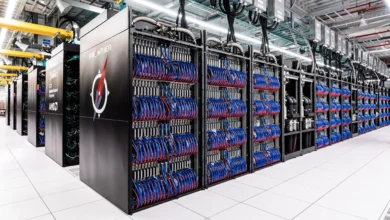
How Automation Can Be Positive For Workers
Scientific learning and progress only get faster, and the range of things we can do through technology expands. Put like that, the path to the future sounds uncomplicatedly positive, and yet not everybody views it that way. Automation makes improves productivity but causes fear in others for its potential to make workers redundant. After all, machines don’t take lunch breaks or find themselves bickering with coworkers.
Automation widens profit margins but puts people out of work. The genie isn’t going back in the bottle, so we need to have the discussions.
Automation processes can make your job easier
There is very little that an automaton can do that a human cannot. In fact, humans have to instruct a machine to function. What automation really helps with is repetitive tasks that need to be done again and again which will leave an actual worker tired and drained and granular administrative detail. This means that items such as Manufacturing Execution Systems can vastly simplify assembly-line jobs, without taking over the entire job and negating the need for the employee.
How can this help the workforce?
Automation will never really be able to stand in for the creative aspects of any work, nor will it be much use at spotting when it glitches. Computers, if anything, handle closed-loop feedback worse than humans. However, the work that it can do allows employees to do their bit quicker, more easily, and with more repetitions in a single day. In other words, automation when used properly will boost employee productivity, bring forward completion times, and boost business income. Forward-thinking employers can use these advantages to pay a higher wage to their employees.
Is there anything else?
A couple of times in this overview, we’ve mentioned repetition. Some people may already see where this is going, but… one thing most of us know about repetitive actions is that they are often detrimental to our musculoskeletal health. A repetitive strain injury is a major concern for a lot of manual workers; it shortens careers and can be difficult to treat. So cutting out that aspect of a lot of jobs is also beneficial for factory workers. Automation can permit shorter working hours, better salaries, and greater health outcomes. For union representatives, the key is to make sure it is deployed for these purposes and not to replace workers themselves.
Automation has its benefits for everyone involved, and the fact that it cannot work autonomously is one reason for employees to make their peace with it. As long as employers are aware that their long-term plans will always be easier to reach with an experienced and free-thinking workforce, automation can be a positive thing on balance.






